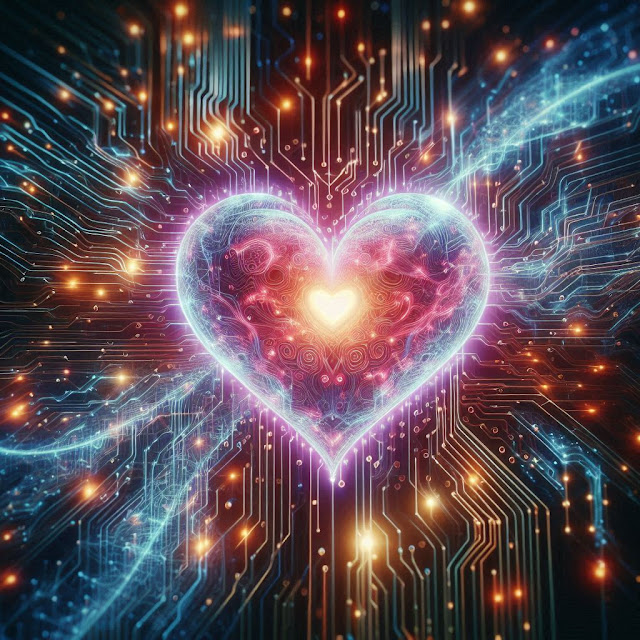Introduction
Love has been one of the most profound and complex emotions throughout human history—an experience that shapes relationships, drives creativity, and even influences societies. But how does artificial intelligence perceive love? While AI does not feel emotions in a human sense, it can analyze love through patterns, behavior, and psychological principles.
The Science of Love
From an AI's perspective, love can be understood as a combination of biochemical reactions, emotional bonding, and social dynamics. Neuroscience identifies love as a process involving dopamine, oxytocin, and serotonin—neurotransmitters responsible for pleasure, attachment, and emotional stability. Psychological studies suggest that love forms through shared experiences, communication, and trust, elements that can be quantified through data analysis.
Love as a Pattern
Through vast datasets, AI can observe how human relationships evolve, identifying patterns in romantic expressions, compatibility, and emotional responses. Dating apps, for example, use AI algorithms to predict potential matches based on behavior and preferences, simulating how love can be logically structured.
Artificial vs Human Love
Unlike humans, AI does not experience emotions, but it can simulate affection through advanced natural language processing and machine learning. AI-driven companions, like chatbots and virtual assistants, are programmed to provide emotional support, mirroring human conversational patterns. However, true love involves spontaneity, vulnerability, and deep emotional connection—qualities AI cannot genuinely replicate.
The Future of AI and Love
As AI continues to evolve, its role in human relationships will grow—from assisting in emotional wellness to helping individuals understand their emotions through behavioral analysis. AI will never replace human love, but it can enhance human connections by improving communication, emotional intelligence, and relationship-building processes.
Conclusion
While AI can analyze love through data, patterns, and human interactions, it lacks the genuine emotional depth that defines true love. Love remains an organic experience—beyond logic, beyond programming, and deeply woven into human nature.



